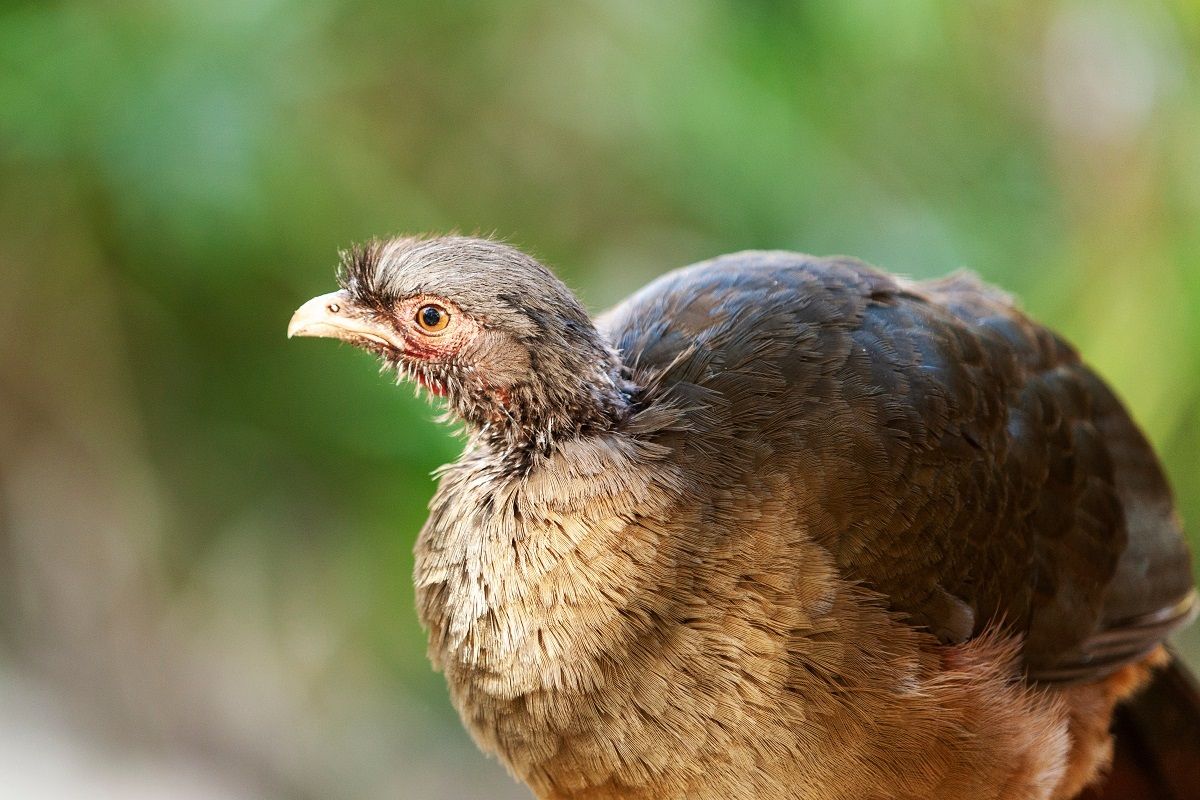
Tinamou (Image by Eleonora/Adobe Stock)
Anyone who’s attempted to trace their family history knows genealogy is an arduous task. For scientists tracing animal evolution, the task is even harder. The resulting family trees can offer some surprising finds.
Take, for instance, ratites, a group of mostly large, flightless birds in the southern hemisphere, and include the ostrich, rhea, cassowary, and emu. The group also includes the chicken-sized kiwi, as well as the the big, extinct elephant bird and moa. Though they can’t fly, these birds are great runners.
Scientists had assumed that all ratites had a common, flightless ancestor on supercontinent Gondwana. When Gondwana broke apart, each of today’s ratites evolved on their separate landmasses. This theory would mean that the kiwi and the moa, both from New Zealand, were closely related.
That was the assumption, anyways. But when research showed the New Zealand moa was most closely related to the flying, South American tinamou, the ratite family tree collapsed. The new family history goes something like this: today’s ratites had several different, flying ancestors. These ancestors made their way to various landmasses after Gondwana broke up. Then, over and over again, evolution produced different flightless species.
Why would evolution separately produce so many birds who can run but not fly, many of them large? Scientists speculate that once dinosaurs and other large animals went extinct, small birds like the ratite ancestors could evolve into new, big species without competition. But getting big and fast meant sacrificing the ability to fly. When large mammals soon evolved, being flightless became a liability, as mammals competed with the birds for resources, or even hunted them. Today’s ratites avoided extinction by running for their lives.
Reviewer: Matt Phillips, Queensland University of Technology
Sources:
- Scientific American - Tiny kiwi and giant elephant bird are close cousins
- Smithsonian Magazine - The very large, very extinct elephant bird is the closest cousin to the wee, flightless kiwi
- Science - Ancient DNA reveals elephant birds and kiwi are sister taxa and clarifies ratite bird evolution
- National Geographic - The surprising closest relative of the huge elephant birds
More like this:
Originally aired July 21, 2022.









